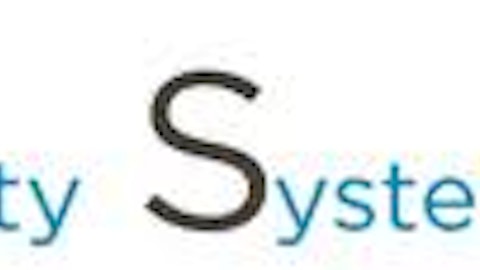Project Medyear has also shown Google Inc (NASDAQ:GOOG) that its Google Plus Circles feature could be a great tool for health care. There has also been speculation that with the upcoming release of Google Glass, Google Inc (NASDAQ:GOOG) could get back into the health care game. I believe that if Google were to take another run at health care IT, it wouldn’t be via the fragmented market of EHRs, but through dedicated health care apps instead — where Circles and Google Plus sharing features could be more fully utilized.
Why haven’t WebMD and athenahealth stepped up yet?
Project Medyear’s approach is a stark contrast to WebMD Health Corp. (NASDAQ:WBMD)‘s main portal, which is a top-down search tool for symptoms, ailments, and drugs. WebMD Health Corp. (NASDAQ:WBMD) users can reach out to other uses via discussion forums, but the message boards are mostly anonymous. Advice received there cannot be considered professional, and worse could be misinformed or misleading.
It makes sense for WebMD to create a medical social network to unite professionals and patients with verified patient records under a credible umbrella. Considering that WebMD Health Corp. (NASDAQ:WBMD)’s health portal currently has 125.5 million users and another 2 million health care professionals are using its medical reference app, Medscape, it has all the resources it needs to become the “Facebook of Healthcare.”
athenahealth, Inc (NASDAQ:ATHN), which recently added 4,000 health care providers via its new deal with Ascension Health, is also in a strong position to offer a social networking solution for sharing patient records. Its popular Epocrates app, which the company intends to integrate with its athenaClinicals EHR software, has more than a million users and is currently used by 50% of medical professionals in America.
The Foolish bottom line
In addition to LinkedIn Corp (NYSE:LNKD), Google, WebMD, and athenahealth, Inc (NASDAQ:ATHN), existing EHR players with a strong mobile footprint — such as General Electric, Greenway, and Allscripts — could build social networks upon their existing EHR programs to reach more users. As Facebook has demonstrated, social media’s networking effect is a very potent search tool, and over time could be comparable to the traditional top-down spider search used by Google Inc (NASDAQ:GOOG).
In health care IT, we are standing at a similar crossroads — Google Health has already demonstrated that forcibly uniting health records doesn’t work, so perhaps getting patients and physicians to voluntarily share their records across social networks could be the answer.
The article Can Social Networks Unify the Fragmented EHR Market? originally appeared on Fool.com and is written by Leo Sun.
Leo Sun has no position in any stocks mentioned. The Motley Fool recommends Athenahealth, Google, and LinkedIn. The Motley Fool owns shares of Google and LinkedIn.
Copyright © 1995 – 2013 The Motley Fool, LLC. All rights reserved. The Motley Fool has a disclosure policy.





